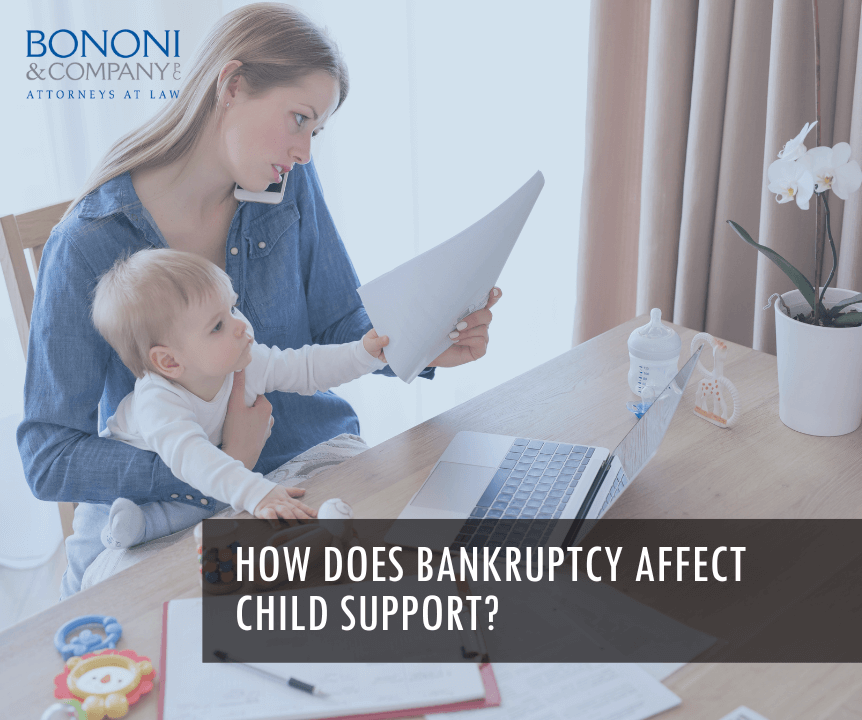
Bankruptcy does not generally affect a parent’s obligation to pay child support. When someone files for bankruptcy, they are seeking protection from creditors and a fresh financial start. However, child support is not typically dischargeable in bankruptcy, meaning that the parent is still responsible for paying it even after their debts are discharged.
In fact, child support is considered a priority debt in bankruptcy, meaning that it is given priority over most other debts. This means that if a parent owes back child support and files for bankruptcy, any funds available for distribution to creditors will first be used to pay the outstanding child support.
It’s important to note that if a parent is behind on their child support payments and files for bankruptcy, it may temporarily halt any collection efforts such as wage garnishments or bank account levies. However, once the bankruptcy is over, the parent will still be responsible for paying any outstanding child support.
It’s also worth noting that filing for bankruptcy does not relieve a parent of their obligation to continue making ongoing child support payments. Failure to pay ongoing child support can result in legal consequences, including wage garnishment, seizure of assets, and even jail time in some cases.
In summary, while bankruptcy may provide relief from certain types of debt, it generally does not affect a parent’s obligation to pay child support.
If you have any questions about the topic discussed in this article, or any bankruptcy law matter, please give us a call at Bononi & Company 724-832-2499.
